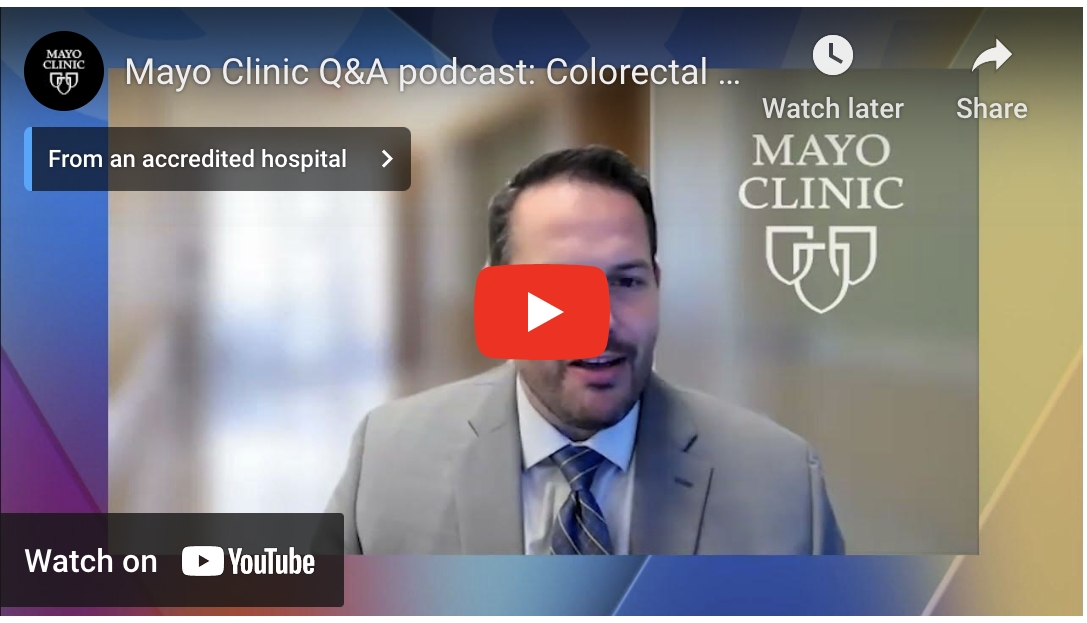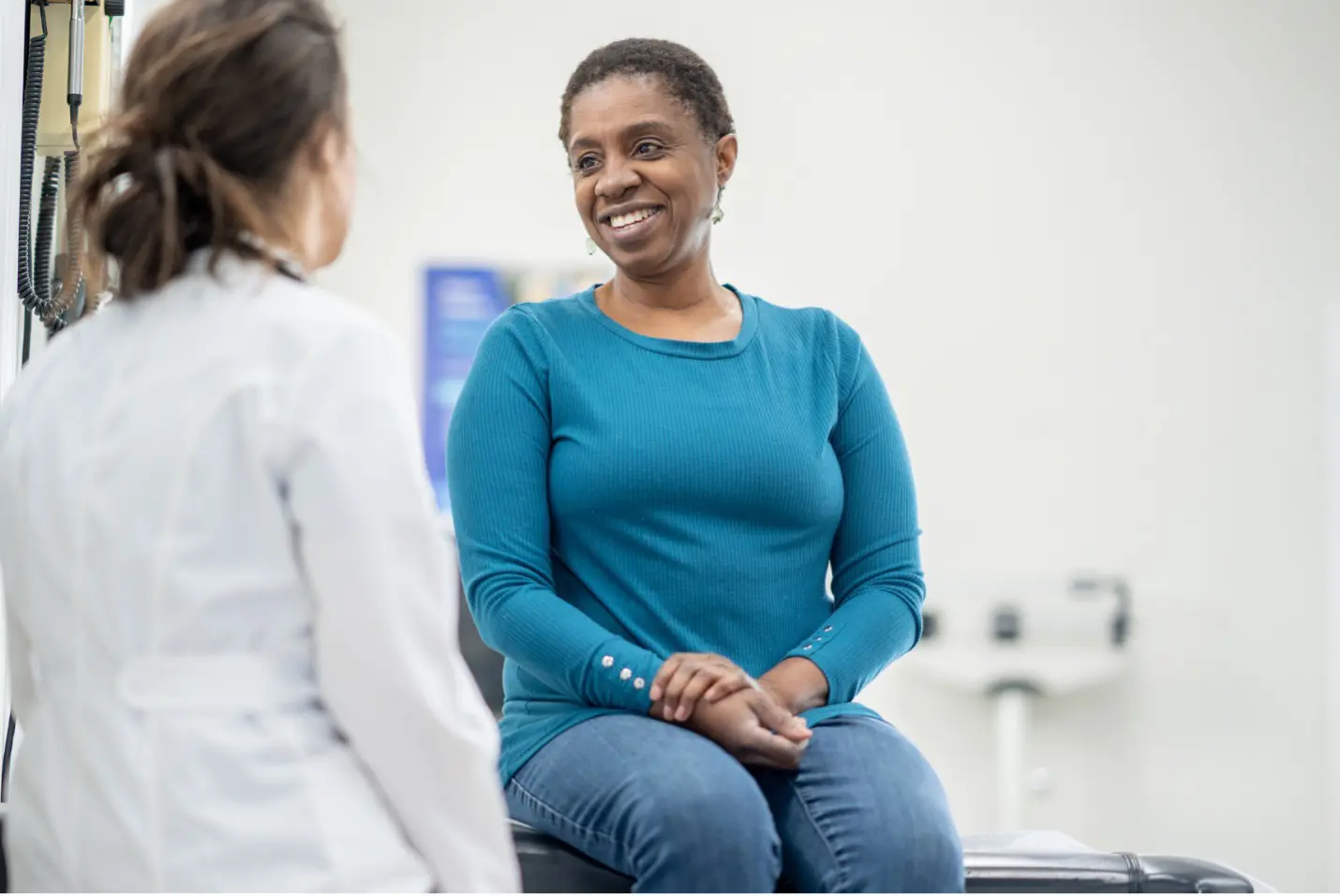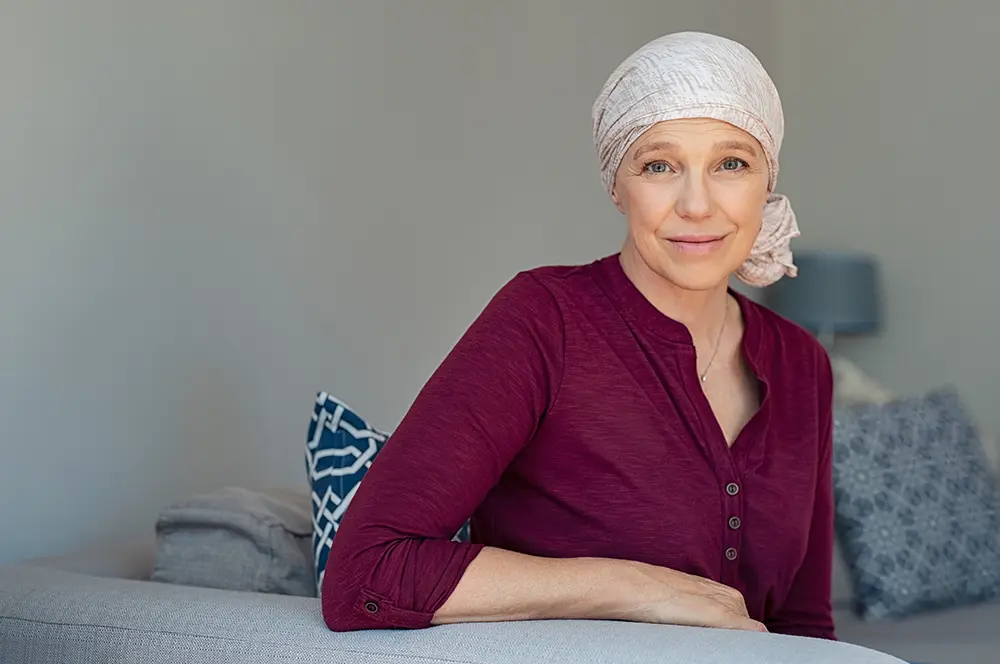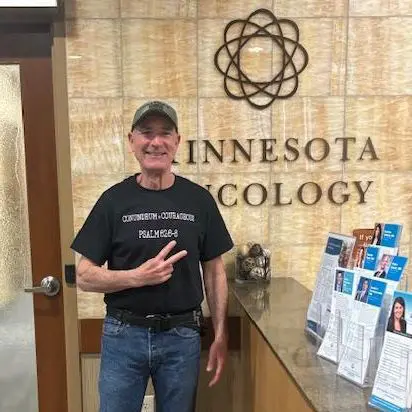This content is courtesy of Mayo Clinic, the No. 1 hospital in the nation according to U.S. News & World Report. Minnesota Oncology is a member of the Mayo Clinic Care Network. This relationship provides us with access to information, knowledge and expertise from Mayo Clinic
Every March, Mayo Clinic joins the effort to raise awareness of colorectal cancer, which are cancers that develop in the colon and the rectum.
While regular colonoscopies and lower rates of smoking have reduced colorectal cancer rates in older adults, cancers of the colon and rectum are now a leading cause of cancer death among people under 50 in the U.S., according to the National Cancer Institute. The rates of new diagnoses continue to climb in this age group, with the largest increase seen among Alaska Natives, American Indians, and white people.
"We've seen about a 50% relative increase in the percent of patients under the age of 50 who have been diagnosed with colon cancer," says Dr. Jeremy Jones, a Mayo Clinic oncologist. "Unfortunately, there is not an age where I would say you're too young to have colon cancer."
Dr. Jones explains that health care professionals don't yet know what's causing this increase in colorectal cancer rates among younger people. It may be related to an increase in risk factors for colorectal cancer among this age group, such as obesity, a lack of exercise and an unhealthy diet.
Regular screening tests for colorectal cancer can help prevent colon cancer by identifying and removing polyps before they turn into cancer.
National guidelines recommend people of average risk of developing colorectal cancer begin screening at age 45, but those with increased risk factors should consult with their health care team.
On the Mayo Clinic Q&A podcast, Dr. Jones discusses his experiences caring for younger people with colorectal cancer, and why you should talk to your health care team about screening for colorectal cancer by age 45, or sooner if you're at higher risk.
Watch: Dr. Jones discuss colorectal cancer.





